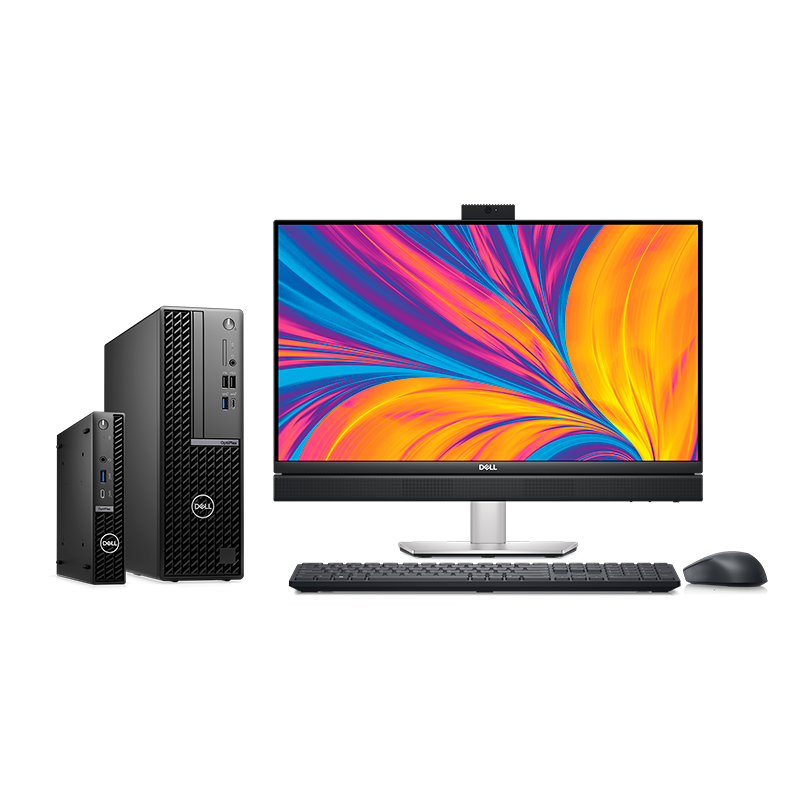Introduction
The world relies heavily on technology today. Computers play a crucial role in everyday life. From students needing a device for schoolwork to businesses seeking solutions for communication, the demand for computers continues to rise. Thus, computer sales and services become a significant industry. This article explores various aspects of computer sales, the importance of services, and trends shaping the market.
Understanding Computer Sales
The Market Dynamics
The computer sales market is vast and diverse. Primary types include desktops, laptops, tablets, and peripherals like printers and scanners. Each category serves different needs. Desktops often appeal to gamers and professionals who need more power. Laptops, on the other hand, attract students and remote workers who value portability. Tablets offer a flexible solution for simple tasks, such as browsing and reading. The sales of computers also fluctuate based on seasonality, technological advancements, and economic conditions.
New models come out frequently. Companies like Dell, HP, Apple, and Lenovo continue to innovate. They release devices with better performance and features. Each year, consumers anticipate upgrades in hardware and software that enhance user experience. As a result, they may be willing to invest in new devices. Trends like voice recognition, touch screens, and increased storage capacities are appealing to many buyers.
Computer sales can also be affected by marketing strategies. Companies invest heavily in advertising and promotions. They use online platforms, social media, and traditional methods to reach consumers. Special deals during back-to-school seasons or holiday sales often boost sales. Promotions can entice consumers to upgrade or buy additional devices.
Direct Sales vs. Retail
Sales can occur through various channels. One method is direct sales, where manufacturers sell directly to consumers. This approach allows for greater control over pricing and marketing. Additionally, online sales platforms have gained prominence. Websites like Amazon, Newegg, and others simplify the buying process. Shoppers can compare prices and read reviews before making a decision.
Retail stores are still relevant, though. They allow shoppers to see and test devices before purchasing. Retailers like Best Buy and Walmart provide firsthand experience that some online platforms cannot. Additionally, in-store staff can guide customers. They can offer suggestions based on specific requirements and budgets.
The Importance of Computer Services
Post-Sale Support
Computer sales do not conclude with a purchase. Instead, after-sales support and services play a critical role in customer satisfaction. Consumers expect help when they encounter issues. This need drives the importance of warranty services, tech support, and repair options. Being able to resolve a problem quickly influences brand loyalty.

Many manufacturers offer warranties ranging from one year to several years. This coverage can include parts and labor for repairs. It provides peace of mind for consumers. Some companies also offer extended warranty plans for an additional cost. These plans can be beneficial for more expensive devices or business environments where downtime is costly.
Technical support is also a vital service. Companies generally provide various channels for support, including phone, email, and live chat. Effective support teams can troubleshoot problems and provide solutions. Quick responses and knowledgeable staff enhance customer satisfaction. Furthermore, online resources such as FAQs and forums allow users to find essential information easily.
Repair Services
Repair services are another crucial component. Computers may require repairs over time, whether due to hardware failure or software issues. Repair shops can help with both problems. In some cases, local shops may have a quicker turnaround than larger manufacturers. They can often provide more personalized service.
Some stores have on-site repairs, while others might send devices to specialized facilities. Regardless, consumers appreciate transparency in repair costs and time frames. They want assurance that their devices will be handled carefully and returned promptly.
Additionally, as technology evolves, some services, like data recovery, become more critical. Unexpected data loss can be a disaster for individuals and businesses alike. Recovery services help retrieve lost information, which can be a lifesaver.
Trends Shaping Computer Sales and Services
Evolving Consumer Preferences
Consumer behavior is constantly changing. As the digital landscape expands, preferences evolve. Today’s consumers often prioritize convenience and speed. They want access to the latest technology at their fingertips. This trend is leading to a rise in online purchases. Online retailers offer easy navigation and swift checkouts, meeting modern consumer demands.
Sustainability is also gaining attention. More consumers wish to invest in eco-friendly products. This desire influences purchasing decisions. Many brands now focus on sustainable practices, such as using recyclable materials and energy-efficient processes. Companies that invest in these practices often create a positive brand image.
Another trend is customization. The ability to personalize devices attracts consumers. Many users prefer customizing their computers based on specific needs or aesthetic preferences. Companies that allow consumers more input regarding features or designs tend to see increased sales.
Technology Advancements
Rapid advancements in technology play a role in shaping the market. Innovations like cloud computing and artificial intelligence are revolutionizing how people use computers. Cloud services enable users to store and access files anywhere, eliminating the need for extensive storage capacities on individual devices. As a result, consumers may choose lightweight devices over traditional desktops.
Artificial intelligence also enhances efficiency. AI can automate tasks and analyze data, making computers more valuable to users. Companies integrating AI into their devices often attract tech-savvy consumers eager for advancements. The interplay of technology and consumer needs will continue to drive changes in sales strategies.
Building a Successful Computer Business
Customer-Centric Approach
For any business in the computer sales and services sector, adopting a customer-centric approach is vital. Understanding customer needs helps in tailoring offerings. Businesses often conduct market research to gather insights. This data enables them to grasp trends, preferences, and challenges faced by consumers.
Open communication is crucial. Companies should encourage feedback from customers. This feedback can come from surveys, reviews, or direct interaction. Addressing concerns swiftly enhances customer loyalty. Businesses that actively listen to their clients can adapt better to shifting market demands.
Training staff is another essential part of a successful strategy. Knowledgeable employees can provide valuable insights to customers. They can offer recommendations on products and services, building trust. Regular training ensures staff are updated on the latest technologies and products.
Maintaining Competitive Pricing
Competition in the computer sales market is stiff. Companies must find ways to provide value while maintaining competitive pricing. This balance can attract a broader customer base. One strategy is to leverage technology to streamline operations, reducing costs in the long run.
Many retailers focus on loyalty programs to retain customers. Discounts, points systems, and special offers create incentives for consumers to return. Ensuring transparency in pricing also builds trust. Customers appreciate clear communication regarding any fees or hidden costs.
Additionally, companies can explore partnerships to expand their reach. Collaborating with tech firms or academic institutions opens new avenues for sales. Such partnerships can introduce exclusive products or joint promotions, boosting visibility.
The Future of Computer Sales and Services
Adaptive Strategies
The computer sales and services industry must remain adaptive. Market trends change rapidly, necessitating flexible strategies. Businesses may need to pivot their approaches to stay relevant. For example, if a trend shows increasing remote work, companies might focus on selling laptops and peripherals suited for home offices.
Local businesses can thrive by understanding their target audience and adapting offerings accordingly. Specializing in niche markets, such as gaming computers or eco-friendly options, can differentiate them from larger competitors.
Moreover, investing in e-commerce solutions becomes essential. A strong online presence enables businesses to reach a wider audience. Proficient digital marketing strategies enhance visibility. Search engine optimization (SEO) and social media campaigns effectively target potential customers.
Embracing Emerging Technologies
Emerging technologies will shape the future of computer sales and services. Concepts like the Internet of Things (IoT) and virtual reality (VR) will drive innovation. Devices that connect seamlessly to the internet open a range of possibilities, from smart homes to enhanced productivity.
Companies investing in these trends may lead the market. Developing products that incorporate these technologies prepares businesses for future demands. Additionally, building a knowledgeable workforce about emerging technologies positions companies favorably. Training employees on innovations increases overall service quality.
In conclusion, the computer sales and services landscape is dynamic and multifaceted. Understanding market trends, consumer preferences, and effective strategies shapes success in this industry. Keeping up with technological advancements while remaining customer-centric ensures businesses can thrive in an ever-evolving market. By adapting and embracing change, companies can continue to meet the diverse needs of consumers, securing their place in the future.


